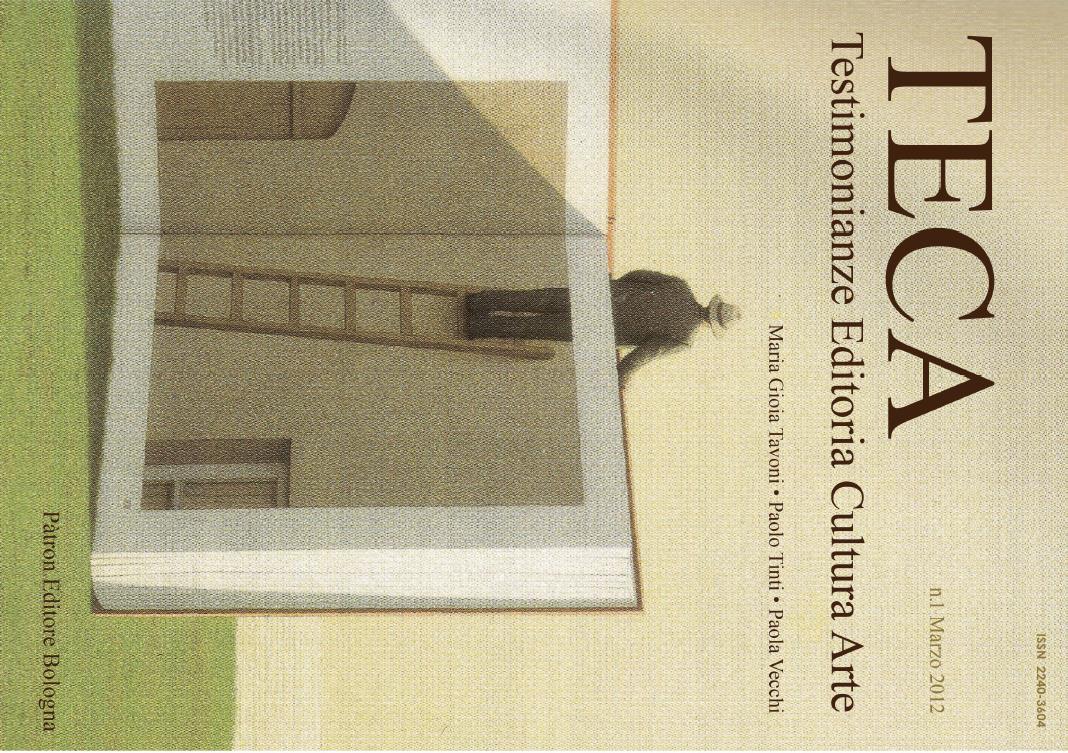«è gran fatica di memoria à ricordarsi de’ libri». I cataloghi
DOI:
https://doi.org/10.6092/issn.2240-3604/13138Abstract
The index and list of various elements, concrete objects or abstract contents is a form of enumerative writing that, when sufficiently structured becoming a catalogue, has as its purpose the recording of something to remember or reuse. The highest level of formal design taken from the catalogue can be found, in pre-digital age, in the field of library where the catalog of books and libraries has an ancient history. The essay, through examples chronologically referring to the second millennium of Europe’s history, presents events – economic, political, cultural, intellectual, institutional or private – in which it became necessary to prepare or make use of library catalogues. The examples and contextualisation of the multiple uses of the catalogue and of the different events of preparation, distribution and circulation, make evident its nature of cultural product whose historicization allows grasping of the intellectual structure through its diversity and peculiarities, purposes and meanings.
Downloads
Published
Issue
Section
License
Copyright (c) 2012 Anna Giulia Cavagna

This work is licensed under a Creative Commons Attribution 4.0 International License.





